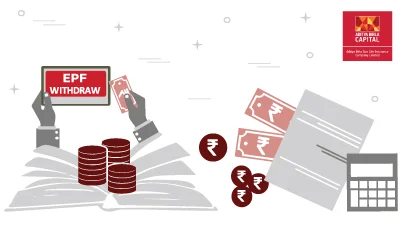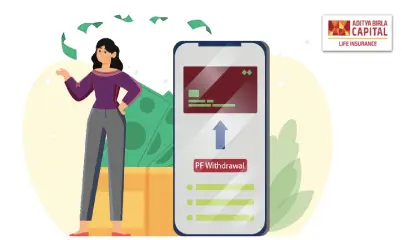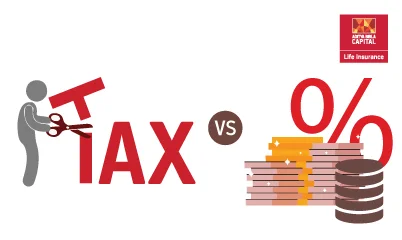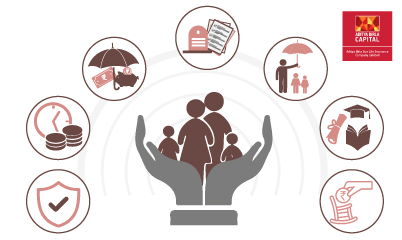House Rent Allowance: Exemption, Calculation, and Regulations


Get Guaranteed Returns After a Month^
Unlock the Power of Smart Investment!


-
 Table of Contents
Table of Contents- What is HRA?
- Exemption/Deduction for HRA
- Rules for HRA Deduction
- Information Regarding HRA Exemption Claims
- Utilising Tax Benefits for Home Loans and Rent Allowances
- Self-Employed HRA Exemption
- HRA Tax Benefits Claimed in Certain Special Cases
- How to Request an HRA Exemption for Parental Rent Payments Without Arousing the Anger of the Department
- Determine the HRA Exemption
- HRA Exemption: How to Apply?
- Conclusion
- FAQs
What is HRA?
Exemption/Deduction for HRA
Rules for HRA Deduction
Information Regarding HRA Exemption Claims
Utilising Tax Benefits for Home Loans and Rent Allowances
Self-Employed HRA Exemption
HRA Tax Benefits Claimed in Certain Special Cases
Therefore, it is essential to maintain track of your banking transactions and rent receipts since the tax office may deny your claim if they are uncertain that the transactions are legitimate. Additionally, the rent you pay to your parents is included in their taxable income for the year.
How to Request an HRA Exemption for Parental Rent Payments Without Arousing the Anger of the Department
Determine the HRA Exemption
HRA Exemption: How to Apply?
Conclusion
FAQs
About Author
-
Disclaimer
ABSLI DigiShield Plan. This is a non-linked non-participating individual pure risk premium life insurance plan; upon Policyholder’s selection of Plan Option 9 (Level Cover with Survival Benefit) and Plan Option 10 (Return of Premium [ROP]) this product shall be a non-linked non-participating individual life savings insurance plan. UIN: 109N108V11
^ ABSLI DigiShield Plan scenario: Female, non smoker, Age: 21 years, level Term Insurance, Premium paying Term: regular pay, policy term: 25 years, Pay frequency: Annual Premium of Rs. 6500/12 months (on average Rs. 542/month) Exclusive of GST (offline premium).
~ Our life insurance policies cover COVID -19 claims under life insurance claims, subject to applicable terms & conditions of policy contract and extant regulatory framework.
ADV/11/22-23/2044
Subscribe to our Newsletter
Get the latest product updates, company news, and special offers delivered right to your inbox
Thank you for Subscribing
Stay connected for tips on insurance and investments

 Home Loans
Home Loans
 Personal
Loans
Personal
Loans
 SME Loans
SME Loans
 Business Loans - Udyog
Plus
Business Loans - Udyog
Plus
 Loan against Securities
Loan against Securities
 Mutual Funds
Mutual Funds
 Stock and
Securities
Stock and
Securities
 Portfolio
Management Services
Portfolio
Management Services
 Pension Funds
Pension Funds
 Life
Insurance
Life
Insurance
 Health
Insurance
Health
Insurance
 Wellness
Solutions
Wellness
Solutions
 Pay Bills
Pay Bills
 Pay anyone
Pay anyone
 Pay on call
Pay on call
 Payment
Lounge
Payment
Lounge
 ABC Credit
Cards
ABC Credit
Cards

 1800-270-7000
1800-270-7000









